Treatment For Thought Disorders in Spokane, WA
Comprehensive Care for Teens with Thought Disorders


How Our Program Treats Thought Disorders
Our multidisciplinary team of mental health professionals work together with the youth and family to develop treatment plans that address the specific challenges of thought disorders. We combine evidence-based approaches using Dialectical Behavior Therapy (DBT) with medication management (when appropriate) to support your teen’s mind and body. In our structured environment, youth receive 24/7 care, allowing them to stabilize, build coping skills, and regain control over their thoughts and behaviors. Our goal is not only to manage symptoms but also to help them reintegrate into their communities with renewed confidence and hope for the future.
We Accept Insurance




Comprehensive 24/7 Care
Residential treatment at Tamarack Center provides teens with around-the-clock support in a safe, structured environment. Parents can feel confident knowing their child is under constant care from a dedicated team of mental health professionals. Continuous supervision ensures that crises are managed quickly and safely.
Personalized Treatment
Every teen’s experience with thought disorders is unique, which is why our residential program offers customized treatment plans for your child’s individual needs.
Thought Disturbance in Kids and Teens
How thought Disorders Affect Teens
Thought disorders encompass a range of mental health conditions that significantly impact a teen’s ability to think clearly, process information, and communicate effectively.
Signs My Teen Needs Inpatient Care
- Signs of Thought Disturbance
- Chronic Lack of Logic Thought Processes
- Frequent Delusions or False Beliefs
- Struggle with Abstract Reasoning
- Diffuculty with Speech (or illogical speech)
- Significant Change in Personality & Mood

Need More information?
We’re here to help!
Frequently Asked Questions:
Early signs of a thought disorder can include disorganized thinking, difficulty following conversations, expressing unusual or illogical beliefs, withdrawal from friends and family, and noticeable changes in mood or behavior. Teens may also experience paranoia, hallucinations, or delusions. It’s important to seek professional evaluation if these symptoms persist or worsen.
A thought disorder is diagnosed through a comprehensive assessment that includes a detailed medical history, psychological evaluation, and interviews with the teen and their family. Mental health professionals may also conduct cognitive tests and collaborate with other healthcare providers to rule out other medical conditions that could be causing the symptoms.
While thought disorders are often chronic conditions, many teens can achieve significant improvement and lead fulfilling lives with the right treatment plan. Early intervention and ongoing support are crucial in managing symptoms. Though there may not be a cure, many individuals with thought disorders can experience long periods of stability and can manage their condition effectively with proper care and resources.
Read the latest Insights in Child Psychology
Enjoy deep insights with our team’s curated content centered around cognitive psychology and mental and behavioral issues in children, adolescents, and young adults.
Give your Teen the Tools to Grow
and succeed in life




